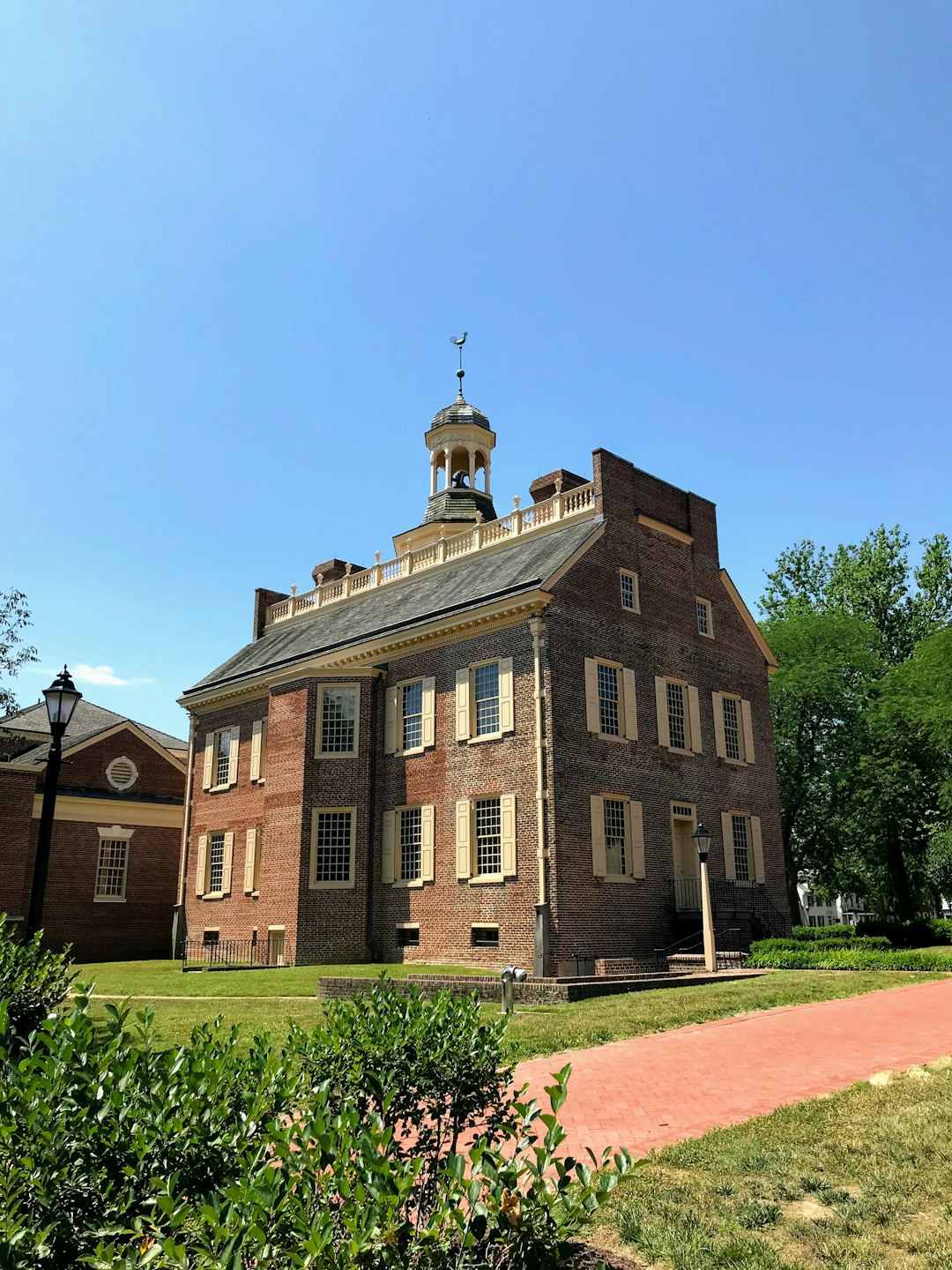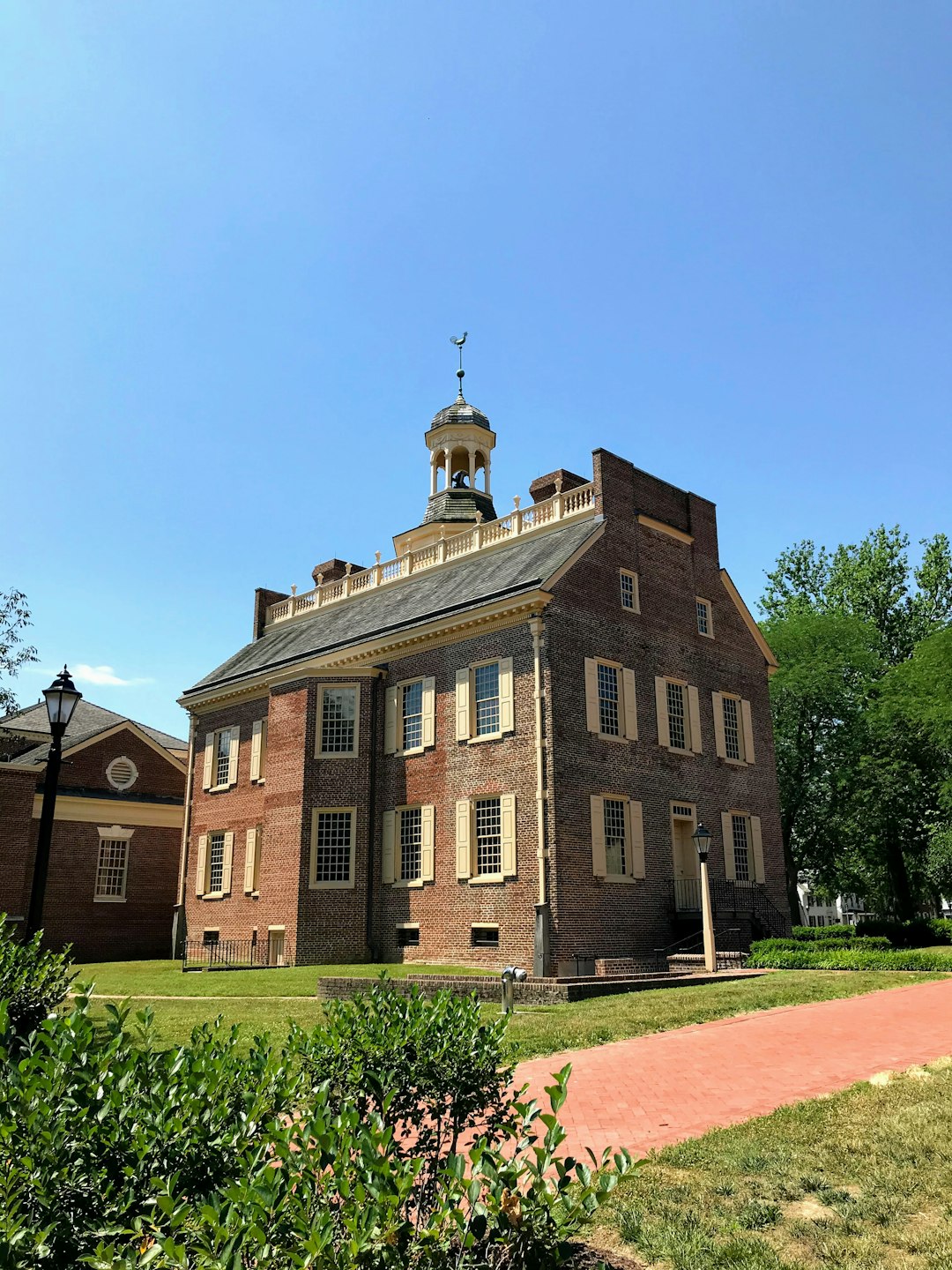Unwanted telemarketing calls in Newark, Delaware, disrupt residents' peace, cause stress, and invade privacy. Legal protections like the TCPA and state laws exist to halt harassing calls unless prior consent is given. Victims can document calls, register on the National Do Not Call Registry, and hire a lawyer for Unwanted call Delaware for guidance and action against telemarketers. Building community support through education, dialogue, and collaboration with legal experts empowers residents to take control, protect their rights, and stop unwanted phone harassment in Delaware.
Unwanted telemarketing calls can leave victims feeling harassed and helpless. This article explores strategies to support those affected in Newark, Delaware. We delve into the legal rights available to residents, including options with a lawyer for unwanted call Delaware, and community initiatives to raise awareness. Understanding the impact of these calls is crucial, especially as they can significantly disrupt daily life. By examining prevention methods and building support networks, we aim to empower individuals and reduce the prevalence of telemarketing harassment.
Understanding the Impact of Unwanted Telemarketing Calls

Unwanted telemarketing calls can have a profound impact on individuals and communities, leading many victims to feel frustrated and even distressed. These calls, often unwanted and intrusive, disrupt personal time and can create a sense of annoyance and invasion of privacy. In Newark, Delaware, where residents enjoy a diverse and vibrant community, the issue of excessive telemarketing is not unique. Many folks find themselves on do-not-call lists or resorting to legal action, such as seeking a lawyer for unwanted call Delaware, to protect their peace and quiet.
The effects extend beyond mere irritation; they can impact mental health and overall well-being. Victims may experience increased stress levels, sleep disturbances, and even social withdrawal. This is particularly concerning in diverse communities like Newark, where residents already face various challenges. Therefore, fostering support for victims of unwanted telemarketing calls is essential to promote a sense of safety and respect for personal boundaries.
Legal Rights and Resources for Victims in Delaware

In Newark, as in the rest of Delaware, victims of unwanted telemarketing calls have legal rights and resources available to them. If you’ve been subjected to harassing or abusive phone calls, it’s important to know that such conduct is illegal under state and federal laws. The Telephone Consumer Protection Act (TCPA) prohibits companies from making telemarketing calls using automatic dialing systems or prerecorded messages without prior express consent. Additionally, Delaware law provides further protections against nuisance calls.
If you’re experiencing persistent unwanted calls, the first step is to document them. Keep a log of each call, including dates, times, and the content of the messages. This information will be invaluable if you decide to take legal action. Consider consulting with a lawyer for unwanted call Delaware who specializes in consumer protection law. They can guide you through your rights and options, which may include filing a complaint with the Federal Trade Commission (FTC) or seeking damages through litigation.
Strategies to Stop and Prevent Harassing Phone Calls

To stop and prevent harassing phone calls, victims in Newark can take several proactive steps. First, document every incident by noting the caller’s number, the date and time of the call, and a brief description of what was said. This information is crucial if you decide to file a complaint with the Federal Trade Commission (FTC) or seek legal action against the telemarketer. Additionally, register your phone number on the National Do Not Call Registry. This federal list restricts telemarketing calls to your personal or business line, providing some measure of protection.
For more robust defenses, consider hiring a lawyer for unwanted call Delaware. Legal professionals specializing in consumer rights can guide you through filing official complaints with regulatory bodies and help draft cease-and-desist letters to persistently harassing callers. They can also represent you if the situation escalates into legal proceedings, ensuring your rights are protected and the telemarketer faces consequences for their actions.
Building Community Support and Awareness in Newark

In Newark, building community support and awareness for victims of unwanted calls is essential. Local organizations, schools, and religious groups can play a pivotal role in educating residents about the prevalence and impact of telemarketing fraud. Hosting workshops, seminars, and informational sessions can help raise consciousness about how to identify and avoid falling victim to these scams. Encouraging open dialogue about the issue fosters an environment where citizens feel empowered to take action against telemarketers and support those affected.
Collaboration with law enforcement agencies and consumer protection groups is crucial in developing effective strategies to combat unwanted calls. By joining forces, these entities can launch targeted campaigns, distribute informative materials, and provide access to legal resources like a lawyer for Unwanted call Delaware, ensuring that victims have the necessary tools and support to pursue justice and protect themselves from future harassment.
The Role of a Lawyer: Navigating Legal Options for Relief

In the face of unwanted telemarketing calls, a lawyer plays a pivotal role in navigating legal options for relief. If you’re experiencing persistent and harassing phone calls from salespeople or companies in Delaware, consulting with a legal professional specialized in consumer protection laws is a crucial step. They can help determine if the calls violate state or federal regulations, such as the Telephone Consumer Protection Act (TCPA).
A lawyer for unwanted call Delaware will be familiar with the legal framework surrounding telemarketing practices and can advise on potential courses of action. This may include sending cease-and-desist letters to the offending parties, filing formal complaints with regulatory bodies, or even pursuing legal action to obtain damages for emotional distress caused by the harassing calls. Their expertise ensures that victims’ rights are protected and provides a clear path towards resolving the issue effectively.






